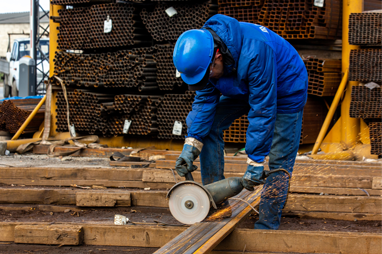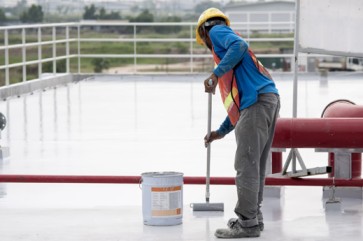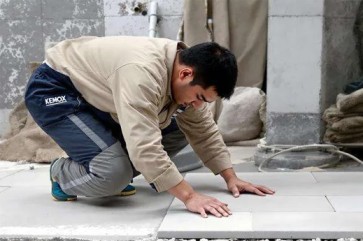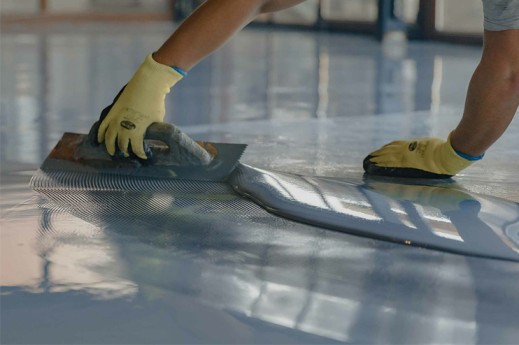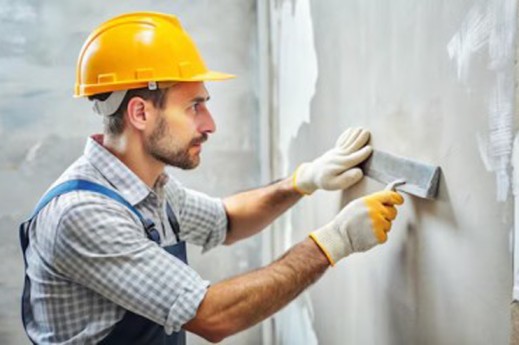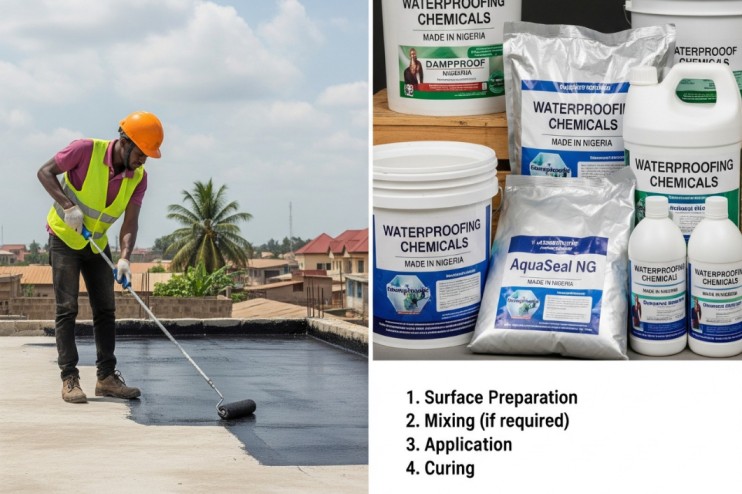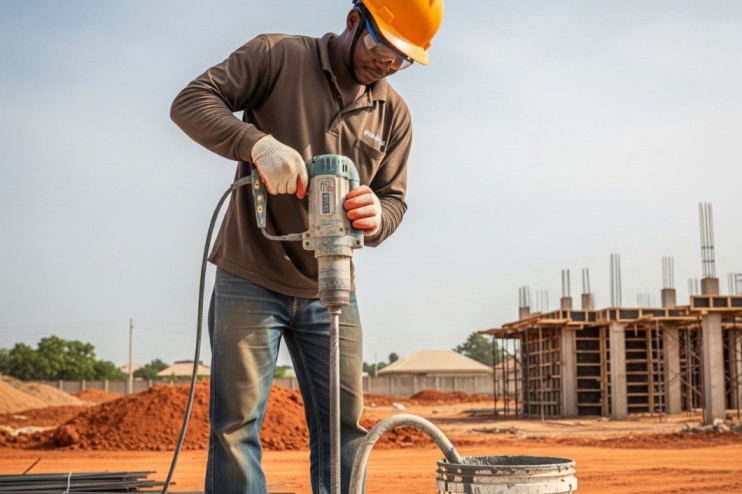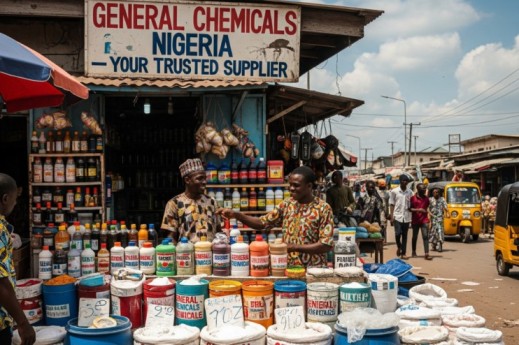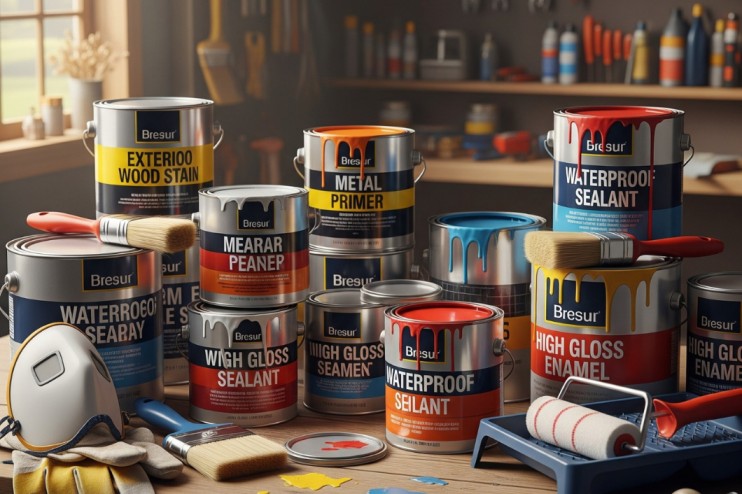Homeowner’s Guide to Buying and Using Tile Adhesive in Nigeria
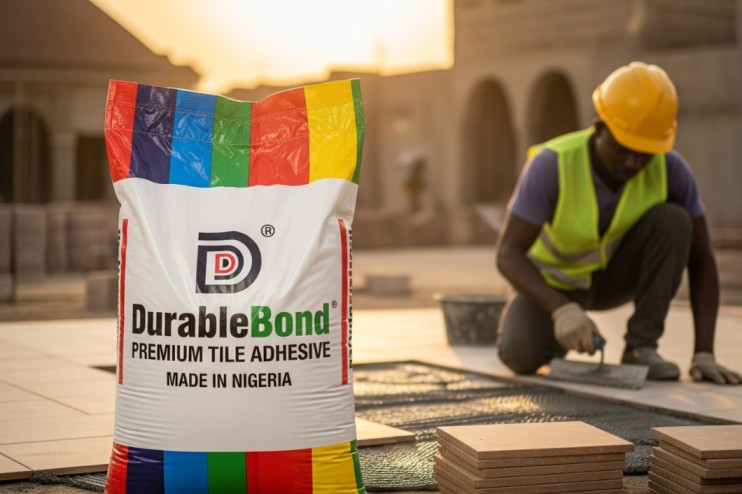
The Nigerian construction sector has seen incredible growth in the last decade, from luxury homes to modern commercial complexes. One noticeable shift has been the increased use of tile adhesive in Nigeria for flooring and wall finishes. Traditionally, builders relied on cement-sand mortar to fix tiles, but that method often led to cracks, uneven surfaces, and tile detachment.
Today, tile adhesive in Nigeria is regarded as the smarter, stronger, and more durable option. It not only provides a neater finish but also withstands Nigeria’s diverse climate conditions, from scorching sun to heavy rains. Whether you’re tiling a new home, remodeling your kitchen, or working on a commercial estate, understanding tile adhesive is essential.
What Is Tile Adhesive?
Tile adhesive is a specially formulated mixture—either in powder or paste form—designed to bond tiles firmly to walls or floors. Unlike cement mortar, which shrinks when drying, tile adhesive ensures even coverage and long-lasting strength.
Types of Tile Adhesive
- C1 Standard Adhesive: For ceramic wall and floor tiles indoors.
- C2 Improved Adhesive: Stronger bonding, ideal for larger or heavier tiles.
- Flexible Adhesive: Best for outdoor areas, bathrooms, or swimming pools where water and heat variations are common.
For Nigeria’s climate—hot, humid, and prone to heavy rainfall—flexible and waterproof adhesives are particularly valuable.
Why Tile Adhesive in Nigeria Is Growing Popular
- Durability: Tiles stay firmly in place for years without cracks or hollow sounds.
- Ease of Application: Pre-mixed formulas reduce mistakes, saving time and labor costs.
- Cost-Effectiveness: Though initially more expensive than mortar, it covers more surface area and reduces repairs.
- Modern Appeal: Smooth, professional finishes that meet the aesthetic demands of Nigerian real estate buyers.
Tile Adhesive vs. Traditional Cement Mortar
| Feature | Tile Adhesive | Cement Mortar |
|---|---|---|
| Bonding Strength | High and long-lasting | Moderate, weakens over time |
| Application | Easy and uniform | Requires skill, prone to errors |
| Shrinkage | No shrinkage | Shrinks when drying |
| Flexibility | Adapts to building movement | Cracks under stress |
| Long-term Cost | Saves money by reducing repairs | High due to frequent tile replacement |
How to Choose the Best Tile Adhesive in Nigeria
- Location of Use: Outdoor projects require flexible, water-resistant adhesive.
- Tile Size: Larger tiles need stronger adhesive to prevent detachment.
- Surface Condition: Smooth concrete, plaster, or old tiles may require primer before applying adhesive.
- Climate: Nigeria’s humidity demands moisture-resistant adhesive for long-lasting results.
- Brand and Quality: Always buy from trusted Nigerian distributors to avoid fake products.
Step-by-Step Guide to Applying Tile Adhesive
- Surface Preparation: Clean and level the surface. Remove dust, oil, and loose particles.
- Mixing: For powder adhesives, mix with clean water according to the manufacturer’s instructions. Avoid adding too much water.
- Spreading Adhesive: Use a notched trowel for even distribution.
- Laying Tiles: Press tiles gently into place, using spacers to maintain uniform gaps.
- Curing: Allow 24 hours before walking or grouting.
Common Mistakes Nigerians Make with Tile Adhesive
- Over-mixing or under-mixing: Weakens bonding strength.
- Wrong type of adhesive: Indoor adhesive used outdoors fails quickly.
- Skipping curing time: Leads to tile detachment.
- Ignoring climate: Using non-waterproof adhesive in humid areas.
Buying Tile Adhesive in Nigeria: Factors to Consider
- Packaging Sizes: Most adhesives come in 20kg bags. Smaller packs are available for repairs.
- Expiry Date: Adhesive loses bonding ability if stored too long.
- Cost vs. Coverage: Tile adhesive may cost more per bag, but it covers more surface than cement.
- Trusted Suppliers: Buy from certified outlets to avoid counterfeit products.
Future of Tile Adhesive in Nigeria
With Nigeria’s booming real estate sector and increasing demand for modern finishes, tile adhesive will continue to dominate. Innovations like eco-friendly adhesives and fast-setting formulas are expected to enter the Nigerian market soon. For builders and homeowners, adopting adhesive is not just a choice—it’s the future.
Conclusion
The Nigerian construction industry is experiencing a transformation, and tile adhesive in Nigeria is at the forefront of this change. Once considered an expensive alternative, it is now the preferred solution for both residential and commercial projects. Its superior bonding strength, flexibility, and resistance to Nigeria’s challenging climate make it far more reliable than cement mortar.
For homeowners, choosing tile adhesive means investing in durability, beauty, and peace of mind. For contractors, it means faster, more efficient installations and satisfied clients. As Nigeria’s urbanization continues, tile adhesive will remain the gold standard for tiling projects.
If you want your walls and floors to stay strong, beautiful, and maintenance-free for years, tile adhesive in Nigeria is not just an option—it is the best choice.

